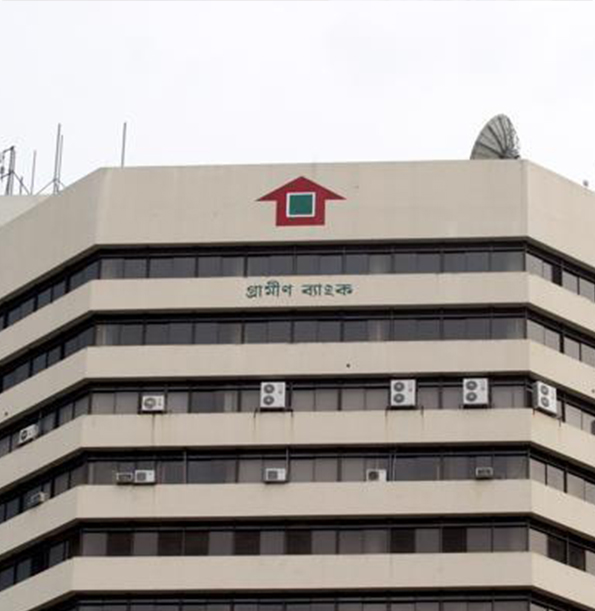
History and Origins
Grameen Bank’s journey began in Jobra, a small village in Bangladesh, when Dr. Yunus, an economist, lent a small sum of money to impoverished villagers. This experiment marked the inception of the microcredit revolution. Realizing the potential of microloans to uplift communities, Dr. Yunus and his associates founded Grameen Bank in 1983, with a vision to provide accessible and affordable credit to the poorest of the poor, particularly women, who were often excluded from traditional banking systems.
Microcredit and Social Impact
Grameen Bank’s core innovation lies in microcredit, the provision of small, collateral-free loans to impoverished individuals. These loans enable borrowers, often women in rural areas, to start or expand small businesses, invest in education, and improve their living conditions. By doing so, Grameen Bank addresses not only the financial needs of its borrowers but also their broader socioeconomic well-being.
The bank’s success is attributed to its unique lending model. It emphasizes group lending, where borrowers form small groups to support each other and share the responsibility of loan repayment. This peer pressure system has proven highly effective in ensuring repayment rates, which exceed 97%, even in challenging economic environments.
Grameen Bank has made significant strides in improving gender equality by empowering women to become financially self-reliant. The majority of its borrowers are women, and this shift in financial autonomy has had a ripple effect on their families and communities. Education and healthcare access have improved, and cycles of poverty have been broken.
Sustainable Economic Development
Grameen Bank’s impact extends beyond microcredit. It recognizes the importance of promoting sustainable economic development. To achieve this, it offers a range of financial products and services, including savings accounts and microinsurance. These offerings help clients manage their financial lives more effectively and protect against unforeseen circumstances.
Social Business and Grameen Family
Grameen Bank is just one facet of the Grameen family of organizations. Grameen’s innovative approach extends to various social businesses, such as Grameen Danone, which produces nutritious yogurt for malnourished children, and Grameen Veolia, focused on providing safe drinking water. These ventures combine social impact with financial sustainability, demonstrating the power of business to address pressing social and environmental issues.
Global Influence
Grameen Bank’s model has inspired microfinance institutions worldwide, shaping the broader microcredit movement. Its success has led to the establishment of similar institutions across the globe, impacting millions of lives and demonstrating the potential of microcredit as a tool for poverty alleviation.

Conclusion
Grameen Bank’s journey reflects the transformative power of microfinance and social entrepreneurship. By providing access to credit, promoting gender equality, and fostering sustainable development, Grameen Bank exemplifies the capacity of financial services to uplift individuals and communities from the depths of poverty. It serves as an enduring beacon of hope for those seeking to combine business principles with social impact to create a more equitable world.
Subscribe to our newsletter and stay updated.

LSSE is a private company limited by guarantee, registration number 12523857. UK Provider Reference Number (UKPRN): 10089956
Not a member yet? Register now
Are you a member? Login now